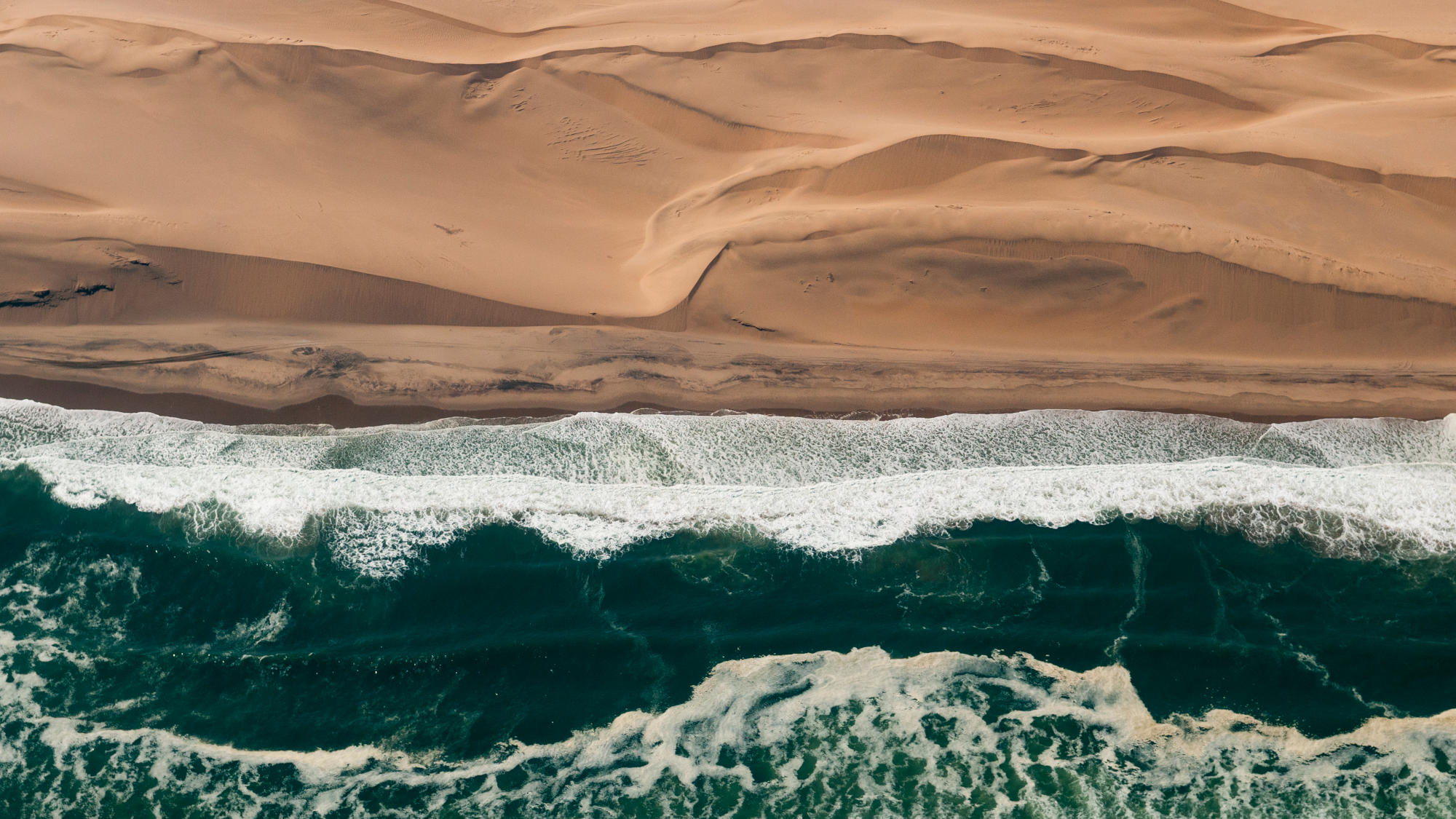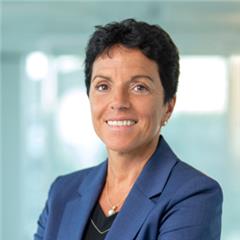In Senegal, SUEZ wins the contract to design and build an urban and industrial wastewater treatment plant at Hann Bay in Dakar
The contract was agreed with ONAS, which was representing the Government of Senegal. It is worth a total of €49 million (including €25 million for SUEZ), with financial support from AFD , Invest International of the Kingdom of the Netherlands, and the European Union.
The plant will be equipped with a wastewater treatment process that requires a lower volume of chemical reagents, is more energy efficient, and less odorous. It will include an odor treatment system to improve the living conditions of the local residents and make it a long-lasting piece of infrastructure in the local environment.
In the 1970s, Hann Bay was considered one of the most beautiful seaside spots in the world. These days, the bay is so polluted with industrial and human waste that its waters are no longer fit for fishing or swimming. This is largely due to the fact that 80% of the country’s manufacturing industries are based along the bay and discharge their effluents into the sea without sufficient treatment. The bay also receives untreated domestic wastewater from homes along the shoreline.
The objective of the program undertaken by the Senegalese State is to restore the quality of the waters in the bay by reducing the quantity of wastewater discharged by industrial plants and, to a lesser extent, by households.
In addition to the wastewater treatment plant, the program includes a marine outfall pipe to discharge treated wastewater into the sea and a system for transporting wastewater from the bay. That system features an interceptor and pumping stations to collect effluents from industrial plants and population centers, including the autonomous Dakar port.
To make sure this plant is properly maintained and becomes a long-lasting element of infrastructure, Senegal’s regulations relating to sanitation have been revised and a law will be enacted to apply the “polluters pay” principle. This will improve the sanitary conditions for the local population, protect the marine environment, and promote the return of socio-economic activities in the area, including fishing and tourism.

